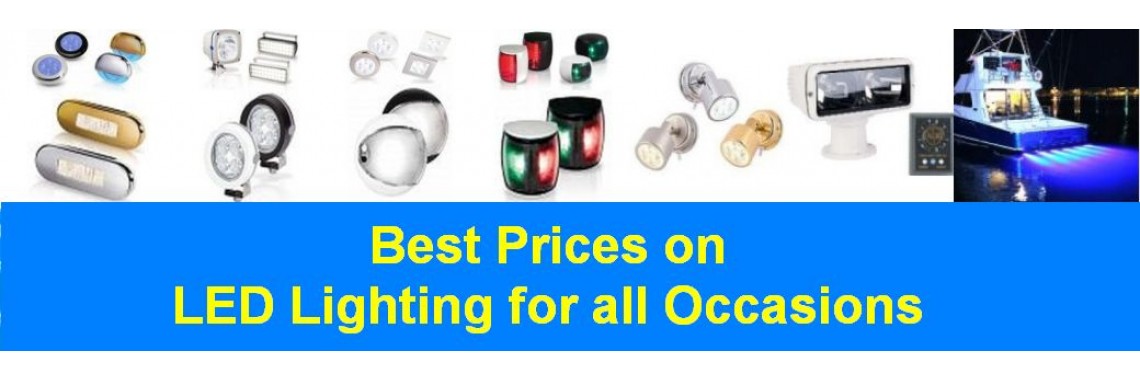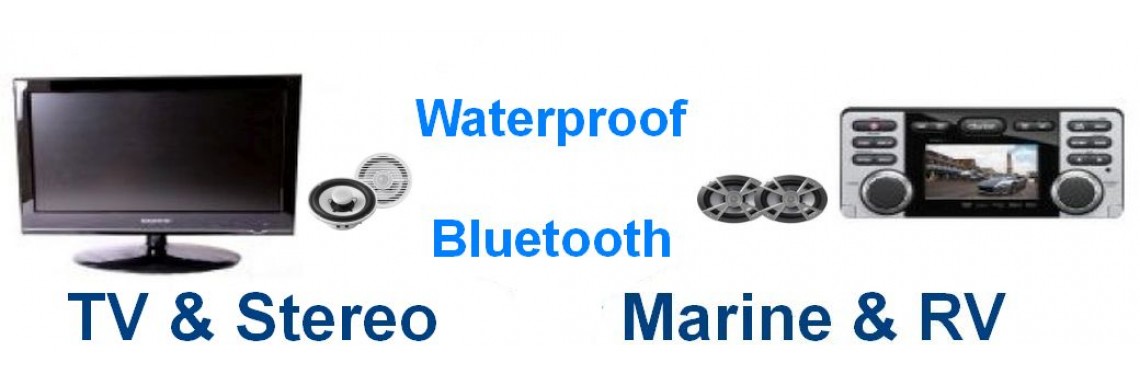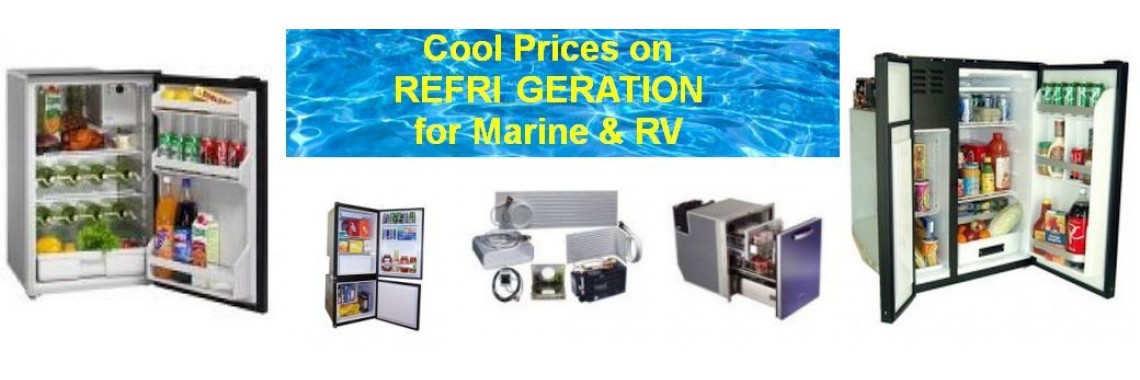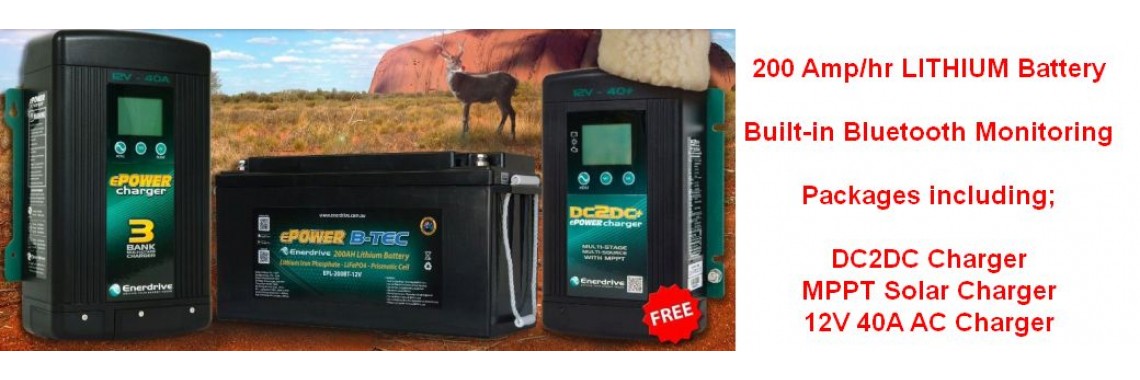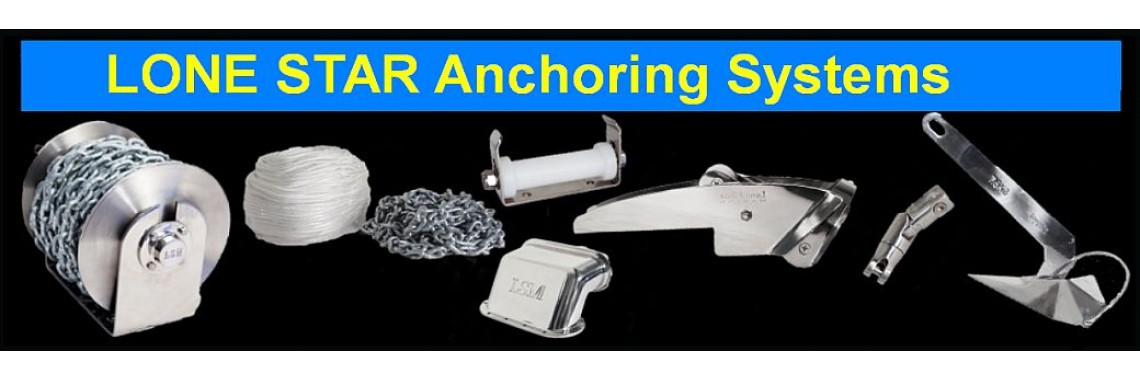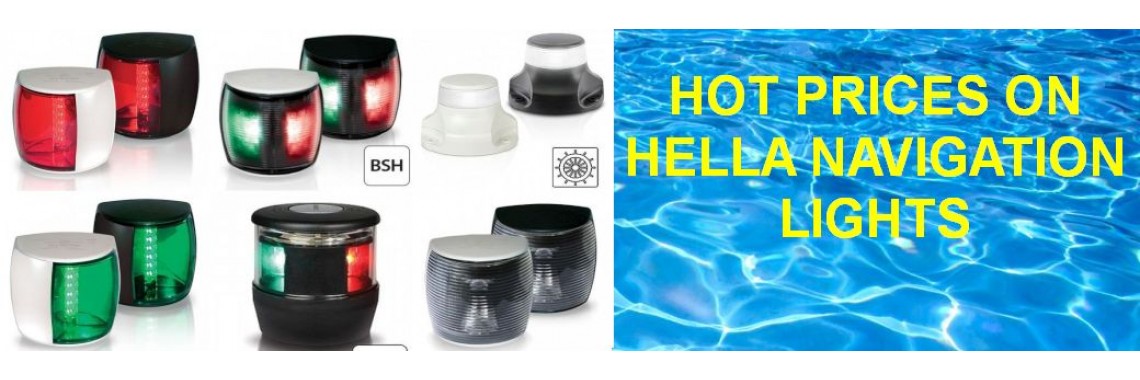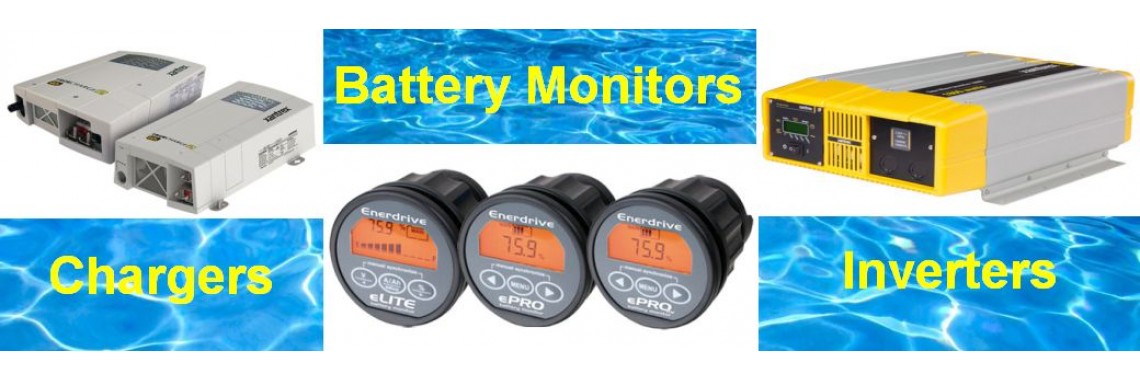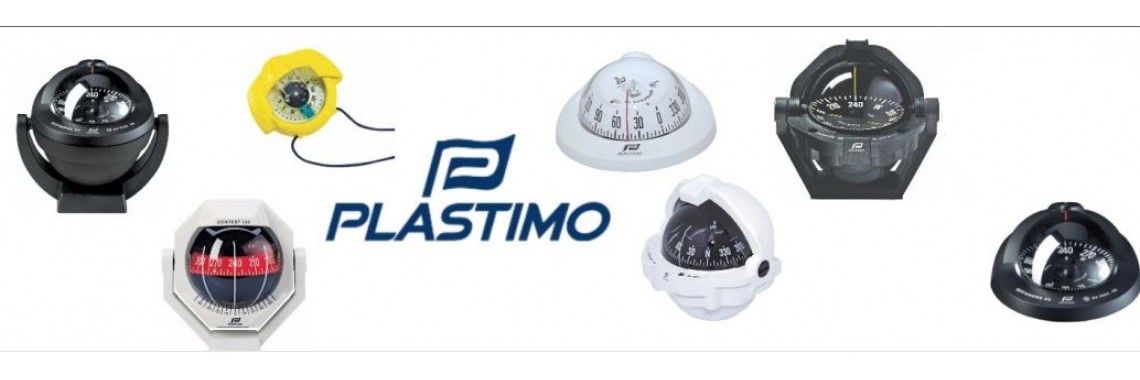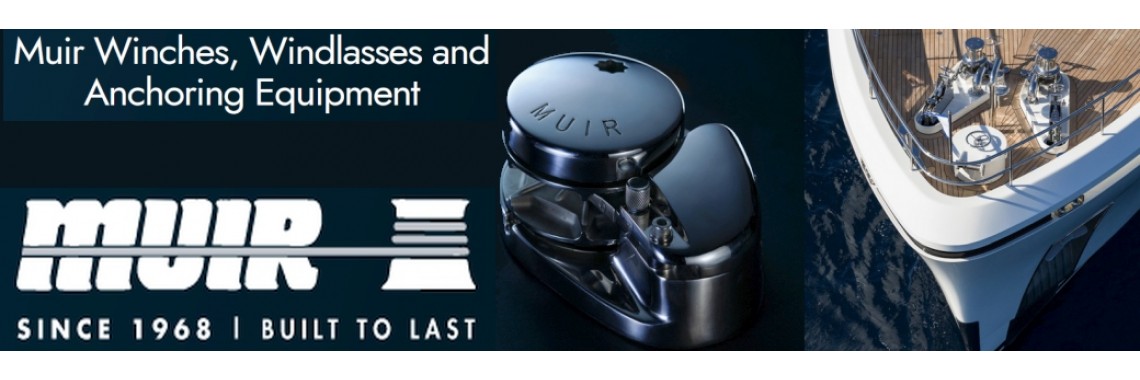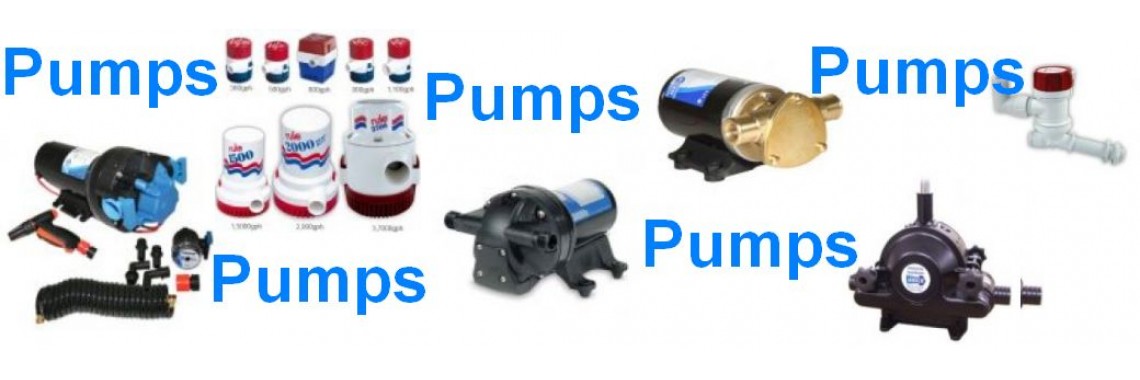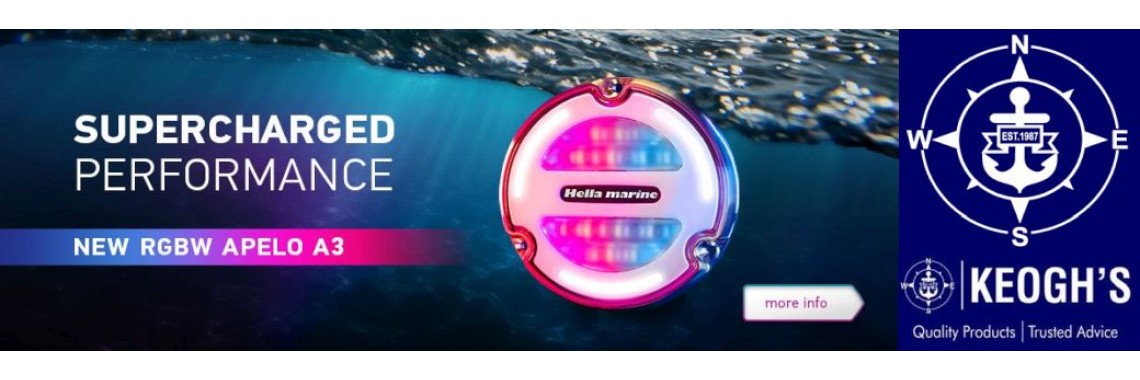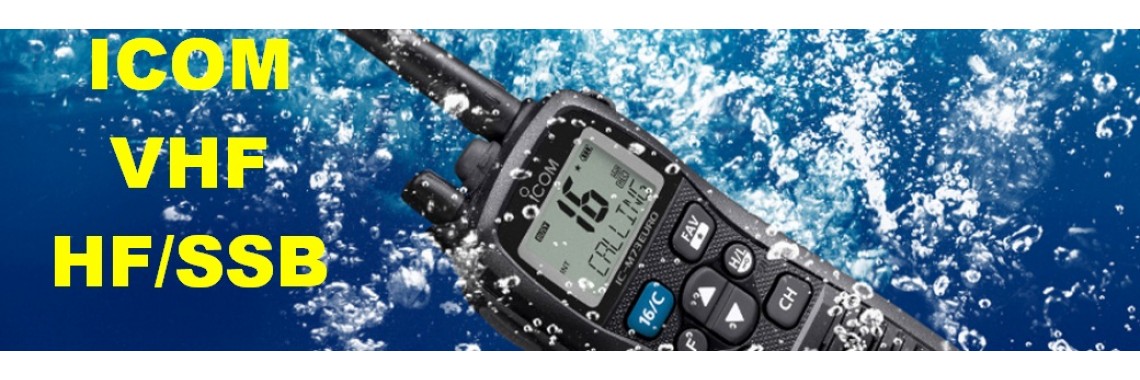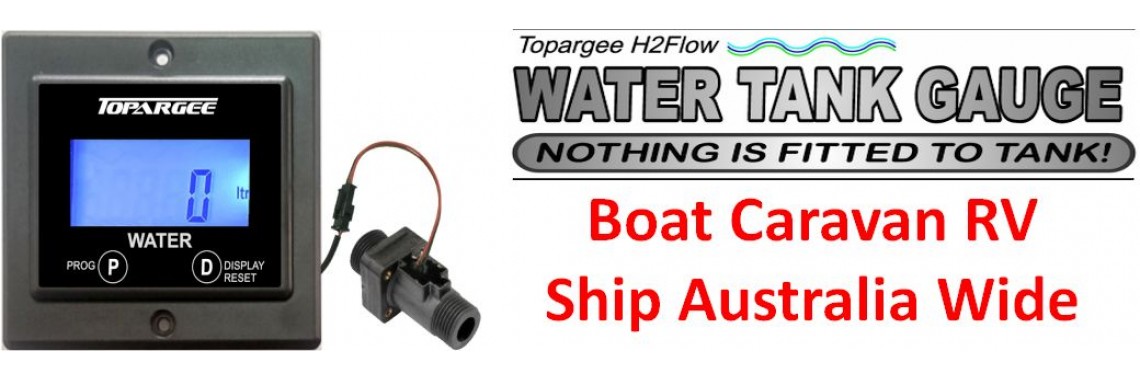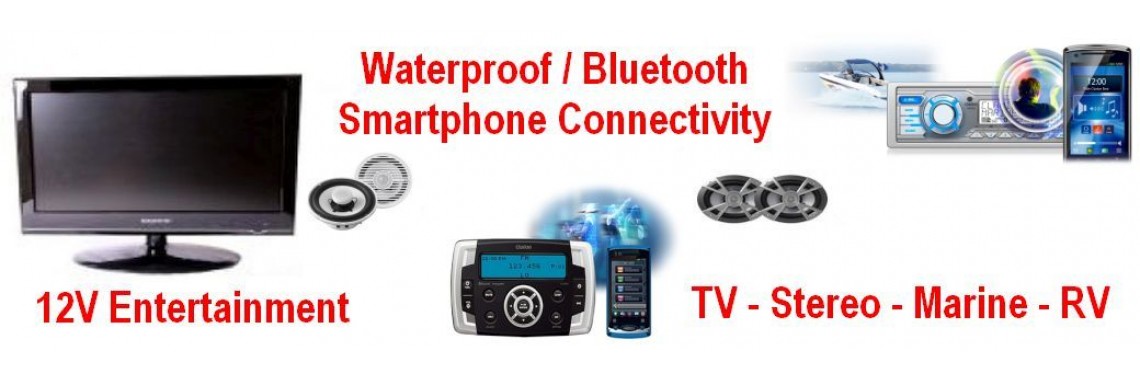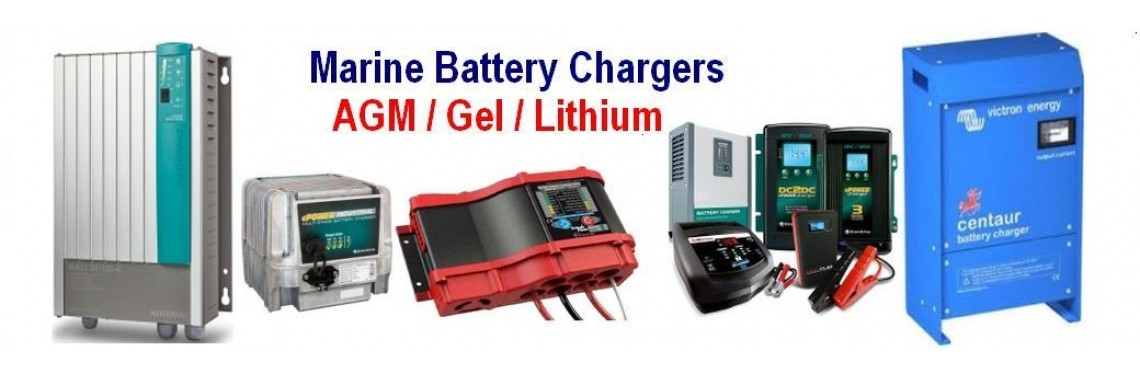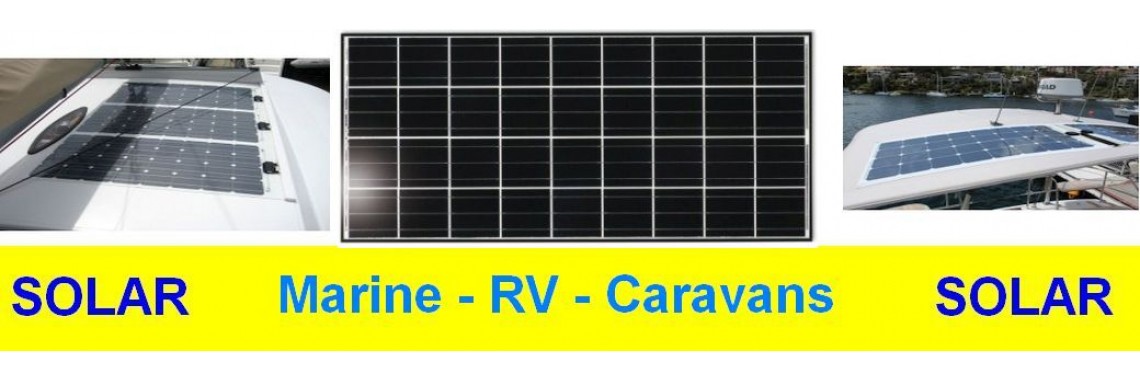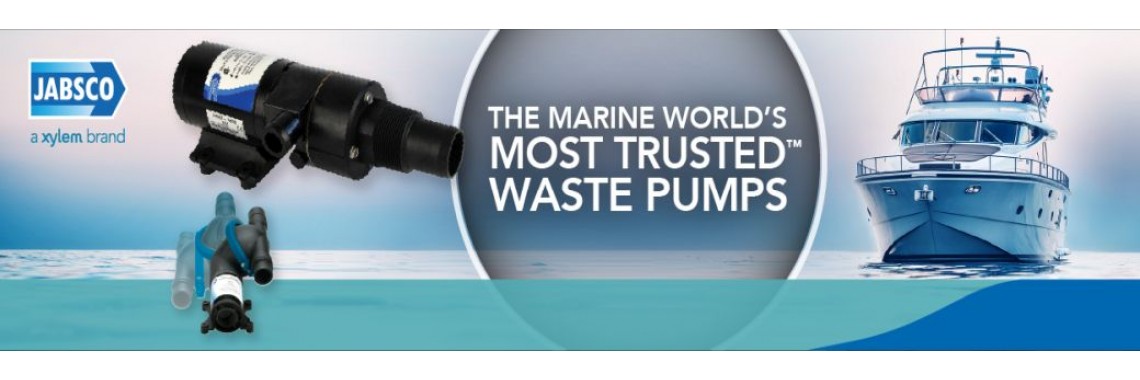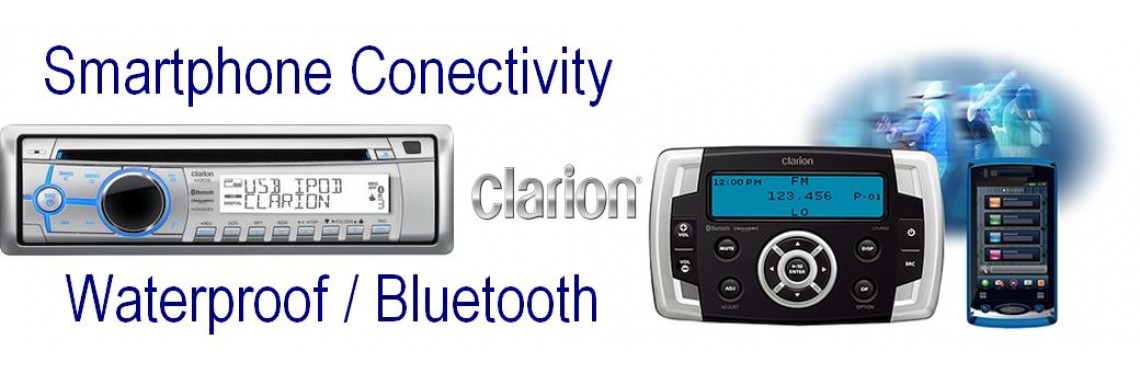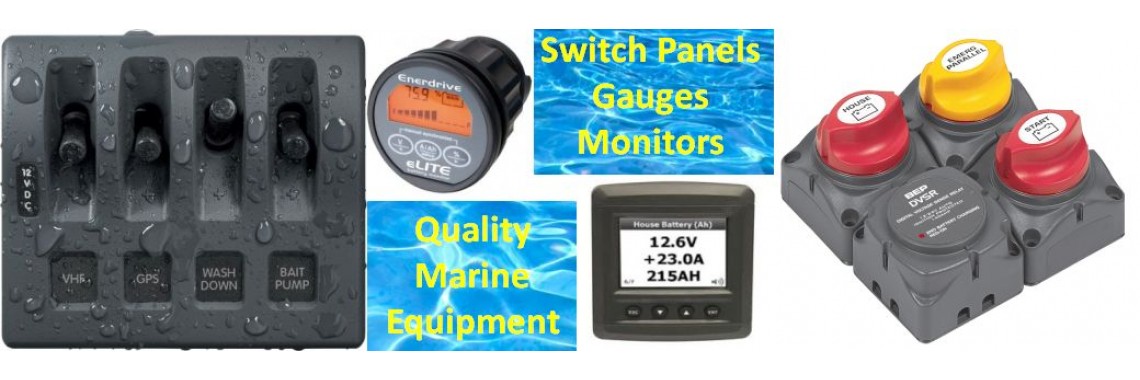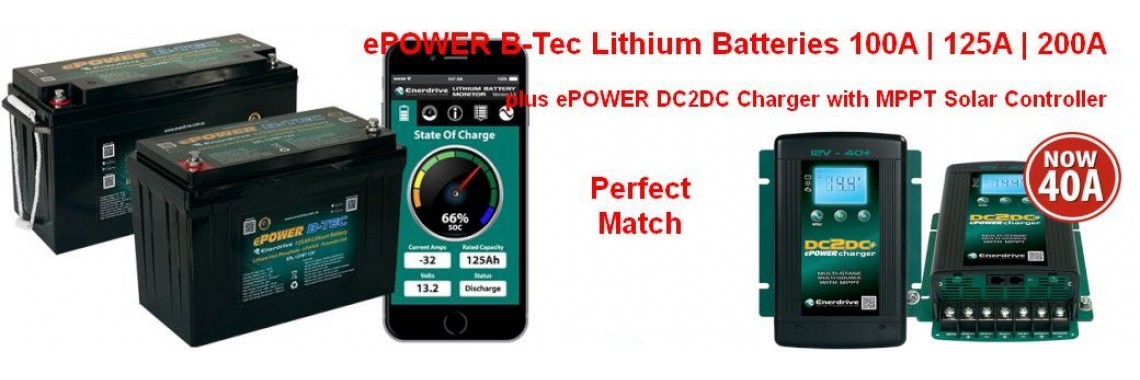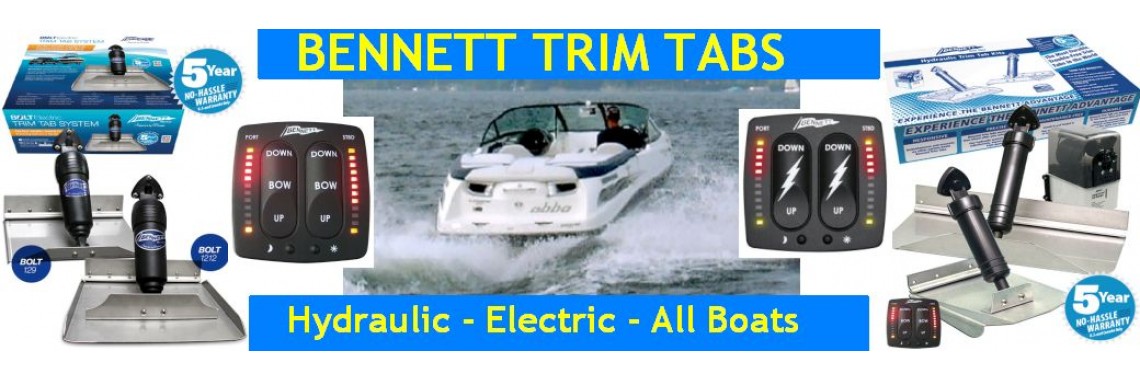How to Get Your Electrical System Right the First Time
How to Get Your Electrical System Right the First Time
Building, Refitting or Upgrading a Boat -
How To Get Your Electrical System Right First Time
Boating is a passion we all love. There is nothing like sitting on the back deck of your boat with a cold one in your hand absorbing the tranquillity of one of the many spectacular anchorages we’re blessed with in this country. Boating is meant to be relaxing. Getting your boat’s electrical system right first time is often difficult and can cost huge amounts in stress and dollars. Time and time again we meet owners who are building, refitting or upgrading their boat but have sought out the right advice to properly plan and budget for their electrical system. Let’s face it many of us have been out on the water and either experienced flat batteries or an electrical failure of some description. Murphy’s Law says that it will normally be at the most inconvenient or dangerous time and getting help may be hours away.
In a nutshell, electrical failure can cause there to be no power, engines won’t start or radios, electronics, pumps and other vessel systems don’t work. The frustration of electrical failures causes many people to lose their interest in boating especially family. Remember the old saying “Happy Wife, Happy Life” as the experience is not as pleasurable as it should be. So, building a reliable electrical system is crucial to ensure boating is a harmonious experience for both you and your family.
Planning your boats’ electrical system
To have a safe and enjoyable boating experience, it is critical to plan your boats’ electrical systems. The consequences of compiling a system in an ad-hoc fashion can lead to an unreliable assortment of components which do not work together. Just as the tail sometimes wags the dog, this equally applies to the boats electrical system.
The key things to think when designing your boats’ electrical system are:
- How will the boat be used?
Day tripping around Moreton Bay will require a much simpler electrical system compared to a Bluewater passage maker which intends doing intercontinental voyagers. We can break boats into a few main categories:- Day Boats - only used for day trips and are rarely out overnight. The electrical system should have enough battery capacity for the trip with very little self sufficiency, if any
- Week-enders - this category is best described as the white boat market. Where the boat is overnight on a regular basis with occasional long weekend and week long cruising. Here the boat needs additional battery capacity and even methods of recharging battery banks while at anchor. Having redundant systems is not particularly important for this category of boat.
- Live-a-boards - this category is normally associated with long term use periods such as houseboats and coastal cruisers. The periods can vary from several days aboard to a month or maybe more aboard. Systems need to be carefully planned with adequate battery capacity for extended periods between recharge and multiple sources of recharge capability, such as battery charges with AC gensets, solar systems and high output alternators
- Passagemakers - this is the final category which requires the most planning as its level of engineering and redundancy needs careful consideration. These vessels are normally associated with long distance blue water cruising and intercontinental cruising. Due to the nature of use where they are operating very long distance from coastlines. Large levels of self sufficiency and redundancy needs to be engineered into the system. It is quite common to see dual battery chargers and dual gensets, multiple alternators, solar systems, separate battery banks for radios and emergency starting, dual radios and backup electronics & desalination systems just to name a few.
- The level of use.
The key here is to be realistic! We have often encountered boaties who have planned to use their boats on a weekly, fortnightly basis with the intention of undertaking regular trips up and down the coast, then life circumstances change for whatever reason and the boat is hardly used. As we all know, the more you use the boat the fewer problems we generally have with them. This needs to be taken into consideration in deciding what system will be best. - How many people do you normally take on board?
This consideration is often overlooked. However, it’s simple...the more people onboard, the more power is used. Lights, appliances, pumps and water are used more frequently and thus more power is required. Take into consideration whether it’s just the two of you, whether you take friends out regularly or if you’ll be taking the kids and their friends out as well. - Where do you plan on using the boat and where is the boat kept?
This is a particularly important consideration in areas where services may not be readily available. In this instance, redundancy and self sufficiency may need to be a key feature of your electrical system. Depending on where the vessel is kept, these features may also be important. For example, if the vessel is moored on a swing mooring and has no access to shore power, then systems such as solar or wind generation maybe required to keep the batteries charged and prevent flat batteries when the boat is not being used. Whereas, a boat kept on a marina berth may not need solar or wind generation, however, a good quality smart battery charger and a shore power system maybe required. - Are you putting the boat into survey?
Depending on the type of survey, boats are subject to meeting particular standards. There is a reasonable amount of cost involved so this needs to be addressed as well. - What’s your budget?
This is so important to factor in upfront. When building, refitting or upgrading a boat, it is best to avoid compromising on your electrical system. Putting a system together ‘on the cheap’ can really end up costing you far more money than you imagine. Systems often have to reconfigured or upgraded when the original system has not met the customers’ expectations or has proved unreliable. Boat building is neither easy nor cheap. Materials and systems are complicated and high-tech, and the build times can often be longer than a house. Making a budget and carefully planning what equipment, brands and models are to be used, together with the costs of installation, hard stand or shed fees can prevent budget blowouts and further costs later down the track. Just remember two old sayings,”you get what you pay for!” and "The bbitterness of poor quality will remain long after a lower price is forgotten" It is better to over budget for your electrical system and get it right first time. - Installation and commissioning.
This is a two tiered issue: one is finding the installer and the cost; and the other is the time for installation and commissioning.- Finding the right installer can often be a difficult and confusing affair. The marine industry has plenty of good qualified installers but like any other trade, you need to find the good ones. So, how do you find them? Word of mouth is often one of the best means and recommendations from people who have had positive experiences. Look for people who have been established for a long period of time, who are qualified marine electricians, and are able to provide support after installation. Once again “you get what you pay for” so the cheapest may not be the best in the long run. Poor installation can cause major equipment failures which may not be covered by a manufacturer’s warranty because it was installed incorrectly.
- The time for installation and commissioning. Rushed installation normally means things are missed and this will cost the owner. Commissioning is also needed to insure all systems work properly. It can take up to several weeks after the boat has been launched to sought out any system bugs and make sure everything is working correctly. The last thing you want is a major failure on a new boat as this will erode your confidence in the boat very quickly.
As you can see there are many factors to take into consideration when planning your boats systems. But a little time and effort can pay dividends in the long term, especially in saving you time, money and your sanity.
There are no products to list in this category.




